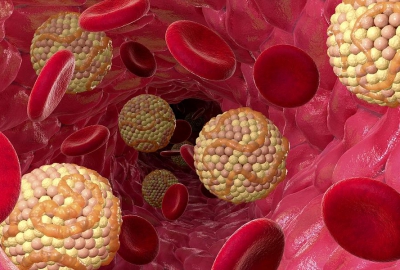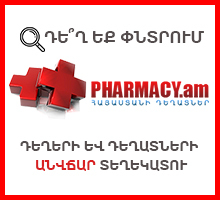Dementia is not a disease but a group of symptoms that result from damage to the brain. This decline in mental ability interferes with a person's daily life activity. One of the most common types of dementia is Alzheimer's. Dementia is known to affect memory, thinking and language abilities. It is estimated that 5.2 million people of all ages in the U.S. and 1 in every 9 of those aged 65 years or older suffer from some form of Dementia and is listed as the 6th leading cause of death.
In the latest study, researchers at the University of Warwick have offered strong evidence that shows that lack of naturally occurring protein MK2/3 is linked with early signs of dementia. The protein MK2/3 boosts the structural and physiological alterations to the cells present in the nervous system. These alterations have a correlation with initial signs of dementia that includes limited learning and memory formation.
When this naturally occurring protein was absent, even if the brain cells had structural abnormalities, it did not stop the formation of memories; but, it did prevent the memories from being altered. Based on this finding, the researchers demand the need for further studies that focused on MK 2/3.
Lead researcher and author Dr. Sonia Correa said, "Understanding how the brain functions from the sub-cellular to systems level is vital if we are to be able to develop ways to counteract changes that occur with aging. By demonstrating for the first time that the MK2/3 protein, which is essential for neuron communication, is required to fine-tune memory formation this study provides new insight into how molecular mechanisms regulate cognition."
This protein MK2/3 controls the shape of spines in the well-functioning postsynaptic neurons. The researchers noticed that changes in spine's shape due to absence of MK2/3, limits the ability of the neurons to communicate with each other, eventually leading to alterations in the ability to form new memories.
Dr. Correa argues that "given their vital role in memory formation, MK2/3 pathways are important potential pharmaceutical targets for the treatment of cognitive deficits associated with aging and dementia."

















